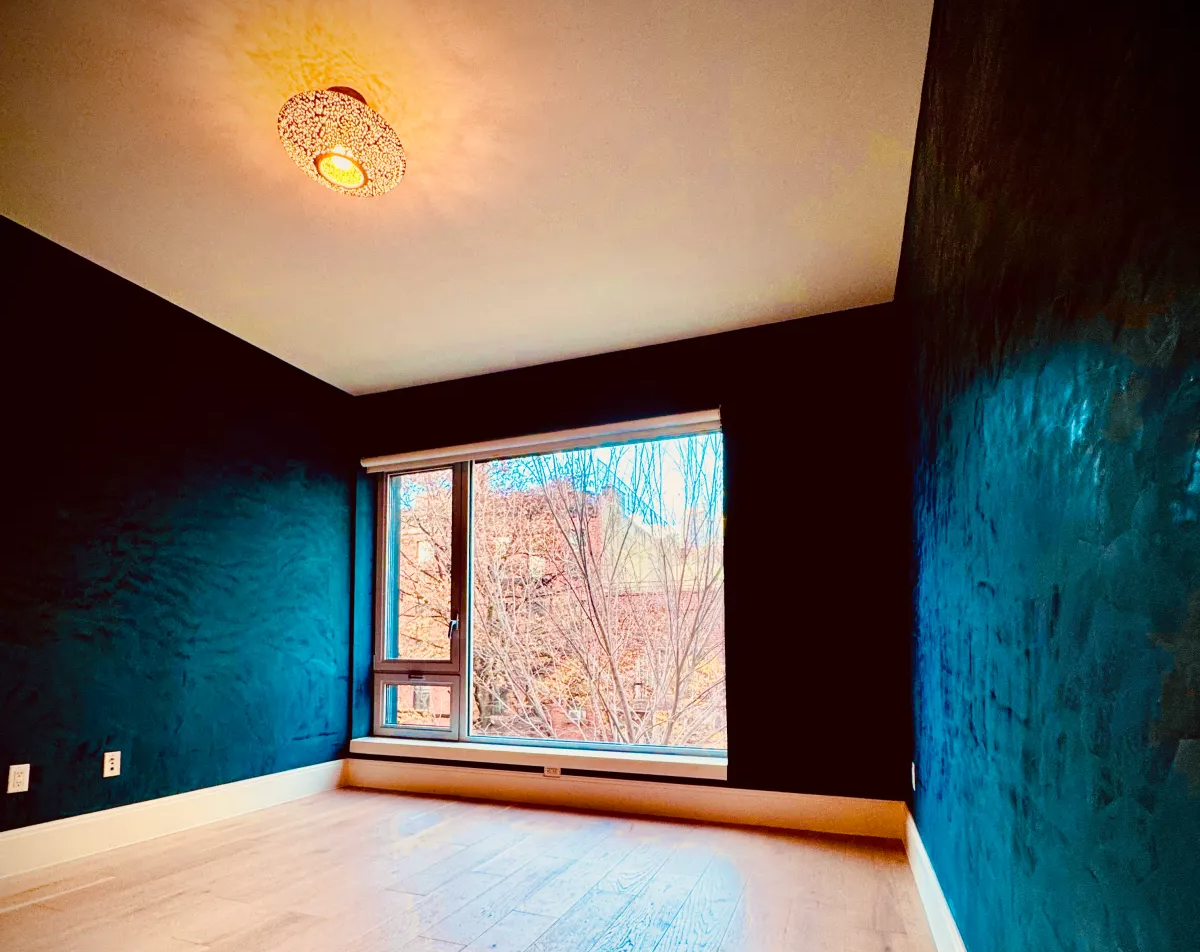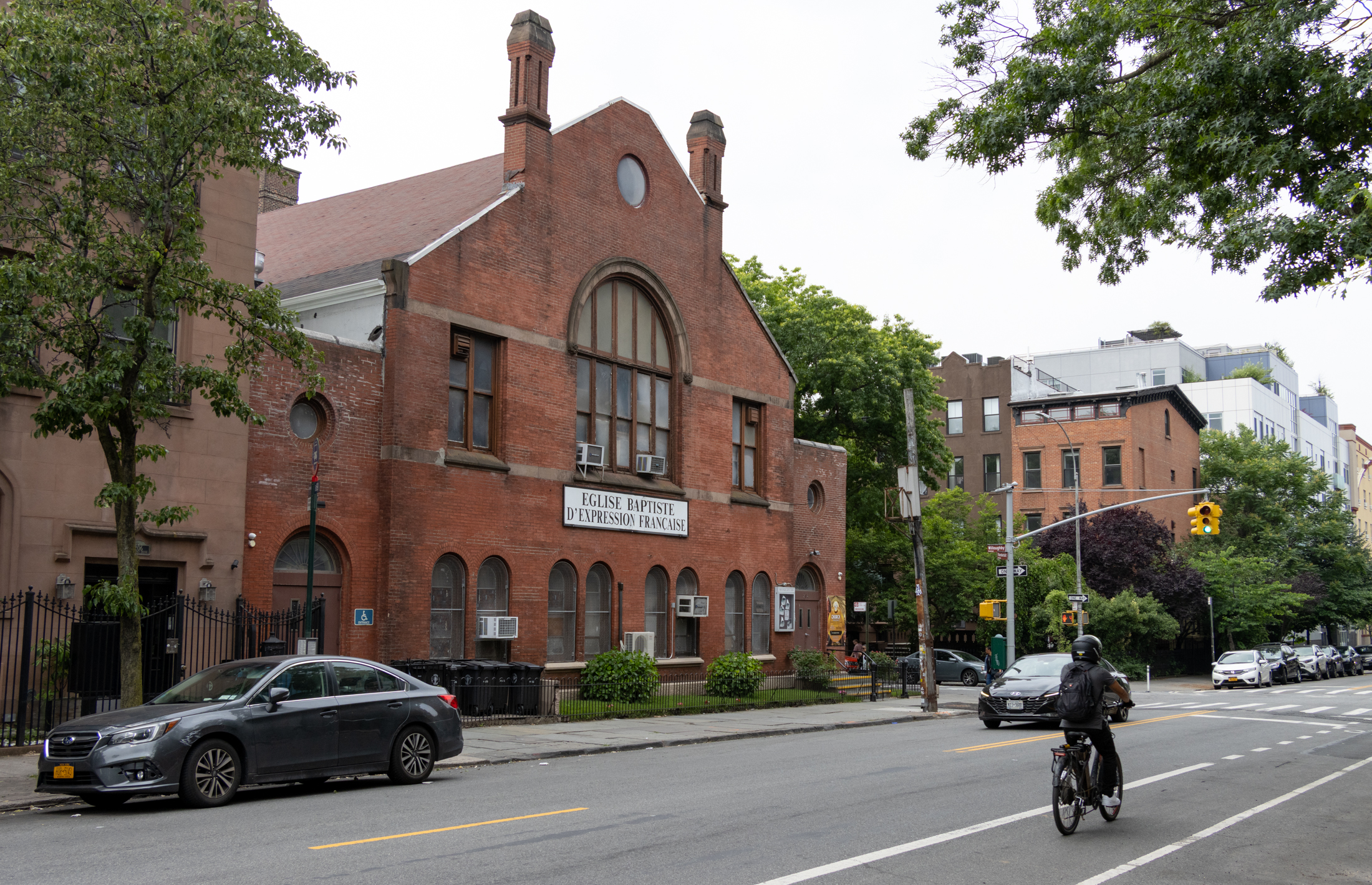Elliman: Brooklyn Market Improved in 2nd Quarter But...
Sales volume in Brooklyn leapt 20.4 percent between the first quarter and second quarter of 2009 and the median price of co-ops and condos ticked up 2.9 percent, according to a report out this morning from Prudential Douglas Elliman. “It suggests there was pent-up demand from unusually low activity,” said Jonathan Miller, CEO of real…


Sales volume in Brooklyn leapt 20.4 percent between the first quarter and second quarter of 2009 and the median price of co-ops and condos ticked up 2.9 percent, according to a report out this morning from Prudential Douglas Elliman. “It suggests there was pent-up demand from unusually low activity,” said Jonathan Miller, CEO of real estate appraiser Miller Samuel, which compiled the report for Prudential Douglas Elliman. Before everyone breaks out the champagne and declares the real estate market in recovery, though, the report also notes that volume was off 29.7 percent versus a year earlier. Prices were also down dramatically from a year earlier; for example, the average price of a one- to three-family home in Brownstone Brooklyn fell 15.9 percent. “Unemployment is still rising, credit has not loosened and we still have a very weak economic environment,” Miller said. Click on chart above for larger view.
Brooklyn Market Overview 2Q 2009 [Elliman]
Home sales in Brooklyn, Queens rise as prices tumble [NY Daily News]
Glimmer of Hope for Brooklyn Market [NY Post]





Well, I consider the beginning of the collapse to be the bankruptcy of New Century Financial, in April 2007.
Brooklyngreen and tinarina, nice posts. I agree, start counting the crash from 2006 (also applies here in subprime NYC), and things should start to look up around 2014 or so. Oh, one other point: in the crash of 89, prices plummeted for a few years. But then they just stayed flat for four years or so.
I agree with BrooklynGreene on when the market last started its march upward: I bought my Brownstone in October 1996, and only a few months later, in early 1997, prices were already noticeably higher.
anyone who bought a new condo in the last few years has at least 12 years if not longer for the tax abatements to end. re-financing right now is very important. we are re-financing, and are going to save $400 per month and have a 30 yr fixed to boot after ditching an ARM. there is no property even today for rent that i could spend less monthly for an equal place. any owners with tax abatements that are in for the long haul are probably not concerned with them ending as it’s possible to get an historically low mortgage payment right now.
dave’ purchase of a house with a rental offsets declining value in his case which is great also.
and, as pointed out, individual properties command different prices in any market. everything is specific. access to amenities and subway are huge as are family sized apartments which always get more psf bang for the buck.
i think that in any 10 year outlook, we are back to a huge problem of lack of housing in NYC which will keep sales prices high. anyone with money in the bank would do well do buy up apts to rent out even with short term losses, so that they will be set to charge either tons of rent to renters or sell later.
Why bother now after a long day of busy commenting…
But I have to point out that the real shock to real estate was not in October 1987. Real estate really took the plunge in 1989 as I remember…and I was there.
I remember things toddled along through 1988 and then something similar to, but on a smaller scale of what has recently happened, hit and the mortgage/real estate world plunged in ’89.
So, maybe the timeline has to be rethought.
I would say the real estate market in NYC started noticeably looking up in 1997, that’s when a sense of change was in the air. That was 8 years after the 1989 collapse. The reasons real estate was taking off were many, some completely unsustainable as we all know.
Now, being an armchair relative know-nothing (but formerly at a large financial firm and a telecommunications giant), I wonder if we should count the real estate decline from 2006 when the decline started in certain regions of the country. If we cound it from 2006…even though the problem appears bigger this time…maybe offset by all the young people who’ll start families or at least move out of Mom’n’Dad’s at some point…should we count on an upswing to happen in 2014?
I don’t know…but Dave seems to think it’s supposed to happen in a just a handful of years.
Oh, one thing…I happened to spend a minute looking at the rentals offered on one of the top real estate sites. I chose Park Slope, Fort Greene, Boerum and Cobble Hill, Brooklyn and Prospect Heights and Carroll Gardens. Of the 130 or so listings, the cheapest was a tiny studio for $1300 per month. There were a lot of duplex, triplex and full house rentals asking for a monthly payment that out-of-towners would gape at.
I seriously doubt that vacancy rates will be above 5% any time soon. It did not happen in the 1970s and 1980s when the city was hemorrhaging population, so I don’t see why it would happen now. According to the nyc.gov report linked to above, all the new units built btw. 2005 and 2008 still only amount to 2% of total units, and the population has been continuing to grow.
you can bet that they are already thinking about it ditto
If it turns out that vacancy rates for 2009 are above 5%, does that mean the basis of rent stabilization (housing emergency) can be legally challenged by landlords?
“But MINUS accumulated equity (unless you expect that the property will eventually be worthless). If you’re going to account for opportunity cost of tied up capital, you’ve got to include that too.
Posted by: basementalist at July 16, 2009 2:08 PM”
NO! That is precisely my point. When comparing the rent v own calculation, you have to strip out the speculative element of the equation. Now you might argue that owning requires speculation as a perquisite but that doesn’t make the apples to apples comparison any less valid.
Sorry – rather than “opportunity cost”, I probably should have said “risk-free return on tied up capital” (eg 10-yr treasury rates) – it was more acknowledging that if you rented and had that cash sat in the bank/t-bills it would be making a return for you.
“Also, Chicken: maintenance on a co-op includes insurance.
Posted by: Kris at July 16, 2009 2:14 PM”
Good point but you get the picture – total up what the renter pays and total up what the owner pays.
“Huh, chicken? It’d be a real loss. What you walk away with after closing near bottom (nothing or even worse, a debt) minus down payment near peak (cash in) would be a real loss that you would divide by months of ownership and add to the average montly nut you paid. Big, fat, juicy and shiney apple compared to the rental apple.
Posted by: Brownstones Half Off at July 16, 2009 3:56 PM”
See point above about the speculation element of owning. You know that I am of the view that property is still over-valued but that’s just where the market is right now. Prices won’t go down forever – at some point they bottom, at which point your equation gets turned on its head. So the problem becomes much more complicated (and subjective) because it’s then dependent on your start and end points.
My method looks at the comparison as it stands today, taking out as much subjectivity as possible – apples to apples!
“What’s all this talk about opportunity cost? You’re better off in cash and/or commodities than RE. Massive inflation coming but not for RE (food, energy, etc.).
Posted by: Brownstones Half Off at July 16, 2009 3:56 PM”
See my clarification above and I apologise again. However, you are still talking about subjective things in the future. You may be right (in fact I hold similar investment views so I hope that you are right) but you can’t use that within a factual debate.